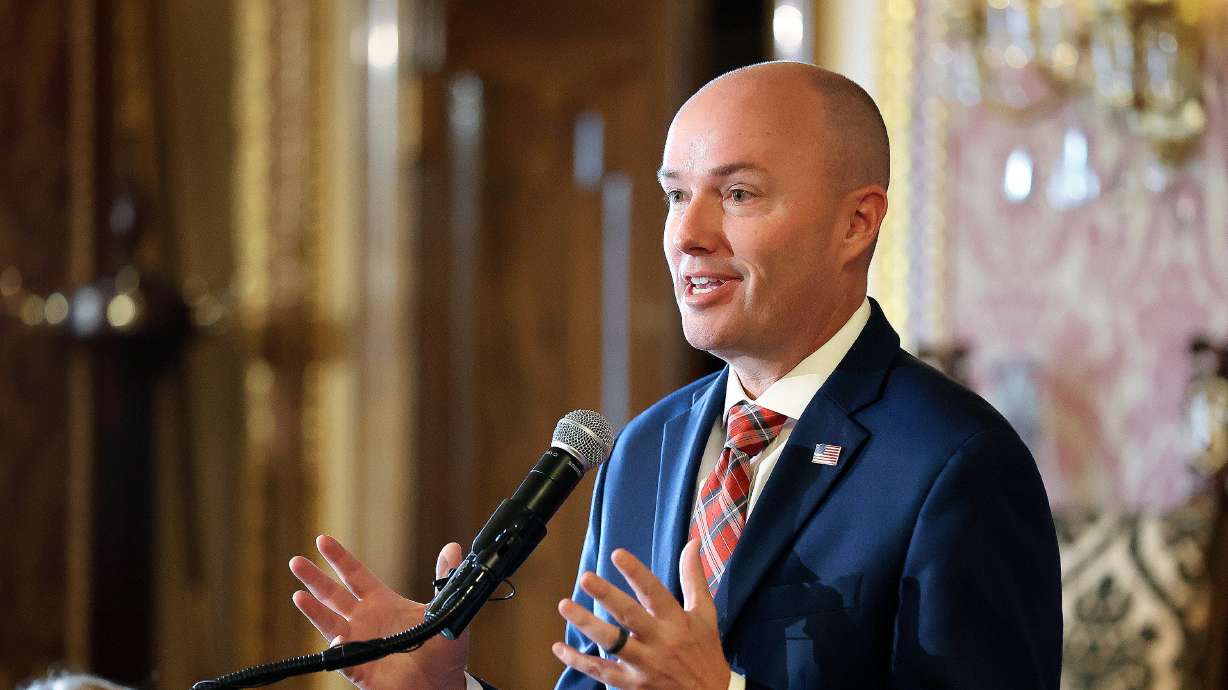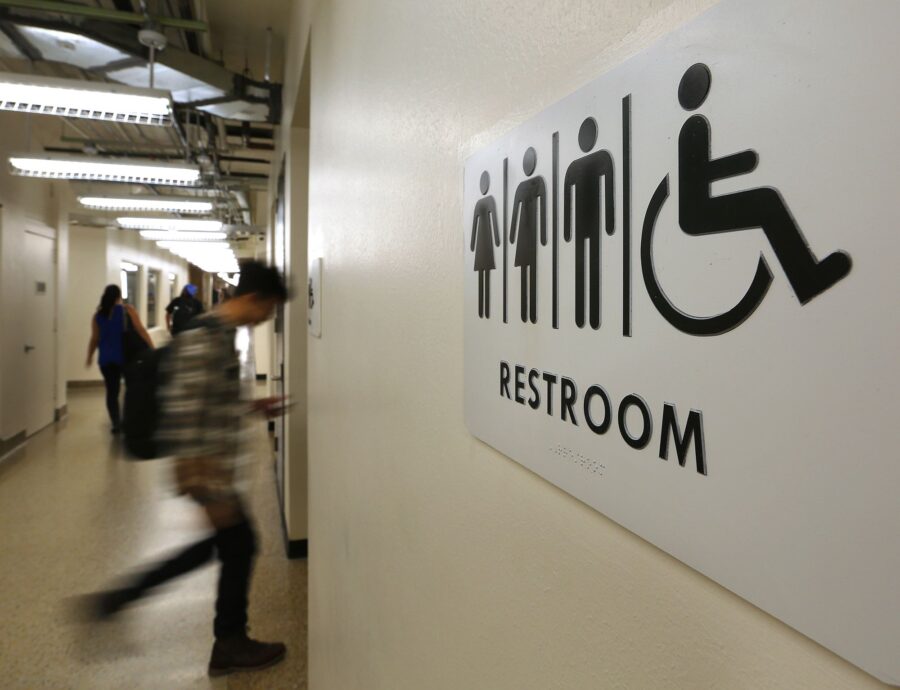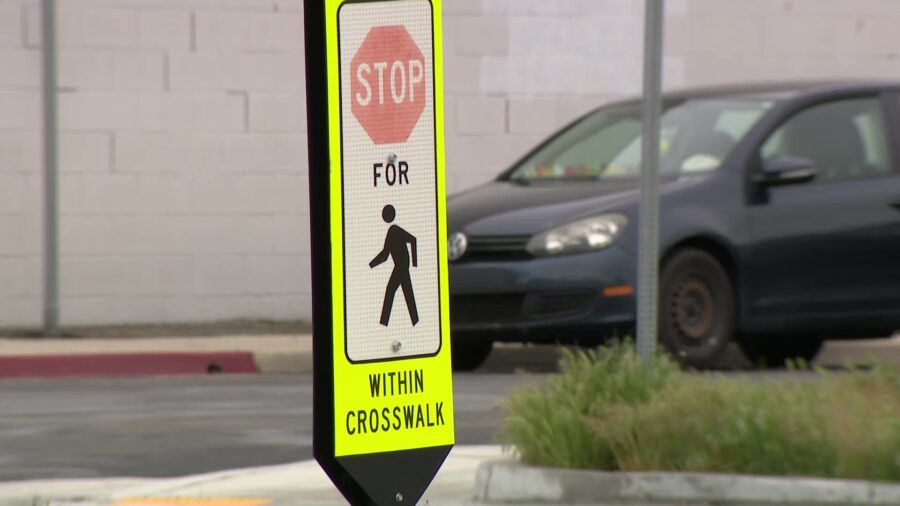Utah, Indiana governors call for states to sponsor immigrants to fill labor shortages
Feb 22, 2023, 4:03 PM

Utah Gov. Spencer Cox recently co-authored an op-ed in the Washington Post calling for the federal government to allow states to sponsor immigrants to fill labor shortages. (Kristin Murphy/Deseret News)
(Kristin Murphy/Deseret News)
SALT LAKE CITY — Utah Gov. Spencer Cox has come out in support of a policy that recognizes immigrants’ contributions to state economies and said he would allow states to better tap into those contributions.
Cox, along with Indiana Gov. Eric Holcomb, a Republican, published an op-ed in the Washington Post Tuesday calling on Congress to take action on immigration policy and arguing that states should be allowed to sponsor immigrants to supplement their workforces.
“The United States became prosperous because many immigrants saw our beacon and seized the freedoms and opportunities offered here,” the governors wrote. “That formula has not changed.”
Utah has 112,000 open jobs and 2.2% unemployment rate, which translates to about 39,000 unemployed people. Cox and Holcomb argued that attracting job-seekers from other states isn’t enough to fill those vacancies and declining birthrates combined with accelerating retirements will only worsen states’ labor gaps. Their solution? Increased immigration.
It’s a solution that’s already being used in Utah. In 2022 alone, Utah companies were approved for about 5,000 employment visas, Natalie El-Deiry, who oversees immigration and new American integration at the Governor’s Office of Economic Opportunity, told KSL.com last month.
“It’s kind of a misconception that only certain types of industries are utilizing employment-based visas — like for farm workers or for agriculture. It really is across the board,” El-Deiry said. “It’s not a narrow type of worker that we’re looking at for employment-based programs. It’s both skilled and unskilled labor. It’s those that are filling essential roles or essential jobs within within our state’s economy.”
To better fill those labor gaps, Cox and Holcomb propose that states be able to sponsor immigrants. Currently, employment-based visas are sponsored by employers.
“Under such authority, similar to what employers and universities have already, each state could make its own decisions. They could sponsor no visas or many visas each year, up to a limit set by Congress, for the specific sorts of jobs they need to fill,” the governors wrote. “Immigration sponsorship would give states a dynamic means to attract new residents, both from a pool of new applicants from abroad and from the ranks of current asylum seekers. The policy would also expand the states’ responsibility for the contributions and success of these folks in American life.”
However, adopting such a policy is not a decision that states can make unitarily. The two governors called on Congress to end its two-decade standoff over immigration policy and criticized individuals on both ends of the political spectrum.
“Voices on one side call for an overly liberal national immigration policy that overlooks the toll on border states and encourages too many people to take dangerous journeys that can end in legal limbo. Meanwhile, voices on the other side call immigrants a burden, against all the evidence from economics and history,” the op-ed states.
Cox and Holcomb argued that Congress’s approach to immigration should include:
Rules to determine who can come in and how, and who can stay.
Unflinching enforcement of such rules and firm control of all entry points.
A review-and-repeat process to assure that the U.S. offers paths to citizenship based on evolving needs.
A practical approach to Dreamers, individuals who were brought to the United States illegally as children.
“The two of us are not unicorns, and last week’s National Governors Association meeting encouraged us to believe that others will soon step up, as well,” Cox and Holcomb wrote.
“Our southwestern states bear the brunt of today’s immigration catastrophe, which forces those states to house, clothe and feed an unrelenting stream of people,” they continued. “But in meaningful ways, every U.S. state shares a border with the rest of the world, and all of them need investment, markets and workers from abroad. That border can remain an embarrassment, or it can become a big asset to us once again.”













